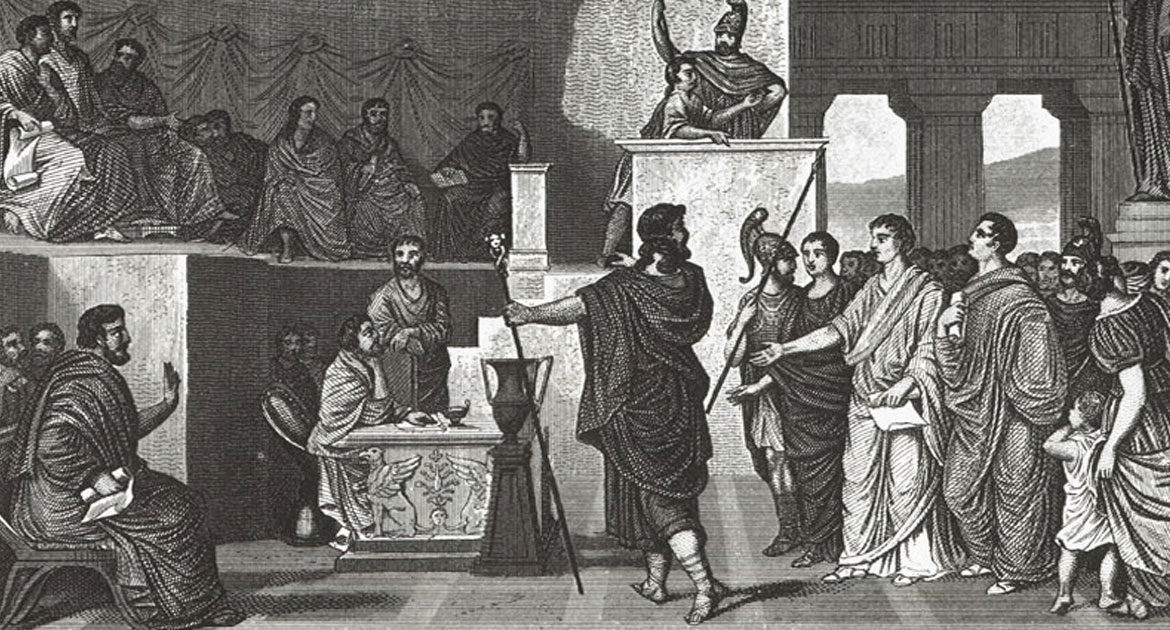Marketing on Trial

In our latest event – Hertford University, 11th June, 2019 – we, the Levitt Group, and CIM hosted a gripped audience in the age-old debate!
This fascinating subject was presented as a Courtroom drama, in a courtroom, with all the pomp and ceremony you would expect of an authentic courtroom!
The Prosecution were contending that marketing ‘has failed to demonstrate to business how it creates value for customers and shareholders of the business’. Also, that ‘marketing has failed to provide practitioners, and those aspiring to practice, the skills they need to create value for customers and shareholders of the business’.
Without going through the detailed arguments of each side, suffice it to say that the Defence came out on top. The Prosecution case rested on the tired old tropes of the naysayers, such as ‘only 5% of FTSE100 companies have Marketing Directors on the Main Board’, ‘only 3% of GCSE students saw marketing as a worthwhile career’ etc etc.
The Defence of marketing was much more interesting, pooh-poohing the Prosecution’s use of old facts and quotes from academics and practitioners of yesterday, such as David Ogilvie, Malcolm MacDonald et al.
- They made the point that marketing has already won the battle for the heart and soul of business – it may not be represented by name in the boardroom, but that’s because marketing has become so integral to the running of business, so well understood and so rigorously implemented that it won the argument with the maturing of the digital age – and it is now fully intuitive and firmly entrenched in every organisation’s DNA – even Not-for-Profits.
- They talked about marketing disruption, seen in companies like AirBnB and Uber – not a taxi firm but a software platform or systems company, rendering traditional offerings irrelevant.
- They pointed out that just producing a strong brand was no longer going to drive sales: branding is not a defence for marketers to hide behind.
- They talked about the importance of influencer marketing – eg Trip Advisor, or product reviews, social media etc – as opposed to traditional interruption marketing.
- One ‘witness’, Phil Sanday, Marketing Director of HBC Investor and Treasury Services, gave the example of the importance of ‘trust’ in their industry, and the need for new models of business. That trust, he argued, had been destroyed in the financial crisis of 2009.
- Millennials, due to inherit £300m in the next decade from their baby-boomer parents, are therefore less likely to invest their wealth in traditional vehicles, but more likely to look for new forms of income growth.
- So they have channelled their advertising budget into NPD in an attempt to predict those new ‘vehicles’.
- The other Defence witness, Gemma Butler, Marketing Director of CIM, did point out that professional service companies like EY and DeLoittes were still concerned primarily with branding and reputation in their marketing, but product companies like Sony are looking for commercial drivers, so their marketing is now very different to what it was 10 years ago.
The main conclusion I drew from the ‘court proceedings’ was that marketing is guilty of not marketing itself: it has not been guilty of losing the case – rather of winning it, but not broadcasting it from the rooftops!
Related Posts
-
Arts marketers face many challenges within the Arts ...May 17, 2022 / 0 comments
-
Aren’t those little ads on YouTube sooo annoying? You know...Nov 19, 2014 / 0 comments
-
Many marketers and graphic designers pride themselves on the...Jan 12, 2017 / 0 comments
-
If you want your B2B company to achieve the success it deser...Apr 04, 2024 / 0 comments
Recent Posts
- A step-by-step guide to developing a powerful B2B marketing plan
- The Best B2B Marketing Strategies: a Comprehensive Guide for Marketers
- My top 4 predictions for B2B marketing in the 2024 financial year
- The value of ‘trust’ in your workplace
- How to Develop a Distinctive B2B Brand Identity That Customers Love
Copyright © 2024 Marcom (Marketing Communications) Ltd. All rights reserved.
Cookies & Privacy Policy. This site is protected by reCAPTCHA and the Google Privacy Policy and Terms of Service apply.









Sorry, the comment form is closed at this time.